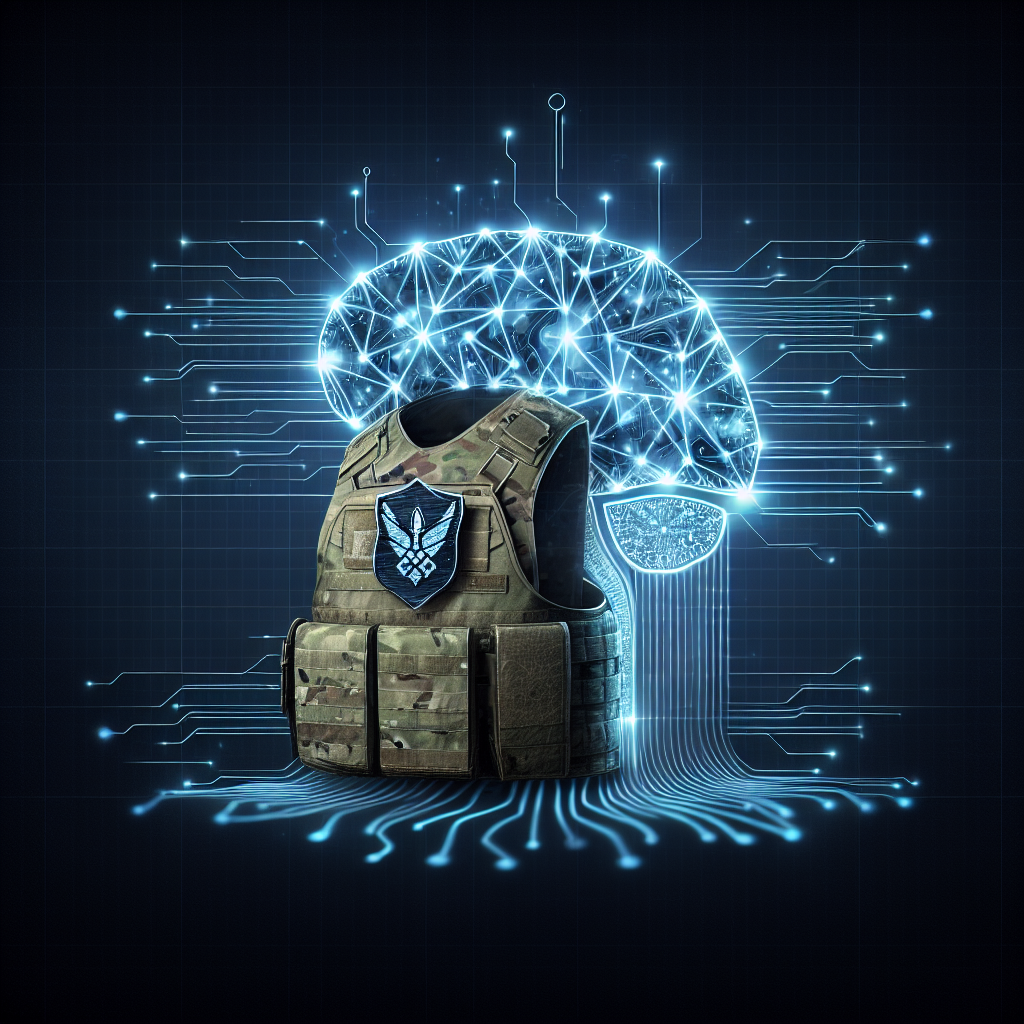Artificial General Intelligence (AGI) has the potential to revolutionize the military and national security landscape. With its ability to think, learn, and adapt like a human, AGI can be a powerful tool for enhancing defense capabilities and improving decision-making processes. In this article, we will explore the role of AGI in the military and its implications for national security.
AGI in the Military: The Basics
AGI refers to a form of artificial intelligence that possesses general cognitive abilities similar to those of humans. Unlike narrow AI systems, which are designed for specific tasks, AGI has the capacity to understand and learn from diverse sets of information, make decisions based on complex reasoning, and adapt to new situations.
In the military context, AGI can be used for a wide range of applications, including autonomous weapons systems, intelligence analysis, and strategic planning. By leveraging the capabilities of AGI, military organizations can gain a competitive edge in warfare, enhance operational efficiency, and reduce human error.
One of the key advantages of AGI in the military is its ability to process vast amounts of data in real-time and provide actionable insights to decision-makers. With the help of AGI-powered systems, military commanders can quickly analyze information from various sources, identify potential threats, and make informed decisions on the battlefield.
AGI can also be used to develop autonomous weapons systems that can operate independently in combat situations. These systems can be programmed to identify and engage targets with precision, reduce collateral damage, and adapt to changing environments. While there are ethical concerns surrounding the use of autonomous weapons, proponents argue that AGI can help minimize human casualties and improve the effectiveness of military operations.
The Role of AGI in National Security
In addition to its applications in the military, AGI also plays a crucial role in enhancing national security. By analyzing large datasets and monitoring potential threats, AGI systems can help governments identify vulnerabilities, prevent cyberattacks, and respond to crises more effectively.
AGI can be used to detect patterns in data that humans may overlook, such as suspicious activities or emerging trends in global politics. By processing information from various sources, including social media, news reports, and government databases, AGI can provide early warnings of potential security threats and help policymakers devise strategies to mitigate risks.
Furthermore, AGI can be used to analyze and interpret foreign language communications, such as intercepted messages or online discussions, to gather intelligence on adversarial activities. By understanding the nuances of different languages and cultures, AGI can help intelligence agencies identify potential terrorist threats, track the movements of hostile actors, and disrupt terrorist networks.
AGI can also be used to enhance cybersecurity measures and protect critical infrastructure from cyberattacks. By monitoring network traffic, identifying suspicious activities, and responding to security incidents in real-time, AGI-powered systems can help organizations defend against sophisticated cyber threats and safeguard sensitive information.
Overall, the integration of AGI in national security efforts can help governments better anticipate, prevent, and respond to security challenges, ultimately enhancing the safety and well-being of their citizens.
FAQs
Q: What are the potential risks of using AGI in the military and national security?
A: One of the main concerns surrounding the use of AGI in the military and national security is the potential for unintended consequences. AGI systems may malfunction or make errors in judgment, leading to unintended harm or escalation of conflicts. There are also ethical considerations related to the use of autonomous weapons and the delegation of life-and-death decisions to machines.
Q: How can governments ensure the responsible use of AGI in the military and national security?
A: To mitigate the risks associated with AGI, governments should establish clear guidelines and regulations for the development and deployment of AI systems in the military and national security sectors. This includes ensuring transparency in AI decision-making processes, implementing safeguards to prevent misuse of AI technologies, and conducting regular audits to assess the impact of AI on security operations.
Q: What are the key challenges facing the integration of AGI in the military and national security?
A: Some of the key challenges facing the integration of AGI in the military and national security include data privacy concerns, interoperability issues with existing systems, and the need for specialized training for personnel to operate AI-powered tools. Additionally, there are ethical considerations related to the use of AI in conflict situations and the potential impact on civilian populations.
In conclusion, AGI has the potential to transform the military and national security landscape by enhancing decision-making processes, improving operational efficiency, and strengthening defense capabilities. While there are risks and challenges associated with the use of AGI, governments can leverage this powerful technology to enhance their security efforts and protect the interests of their citizens. By adopting responsible AI practices and addressing ethical considerations, policymakers can harness the full potential of AGI for the benefit of national security.

